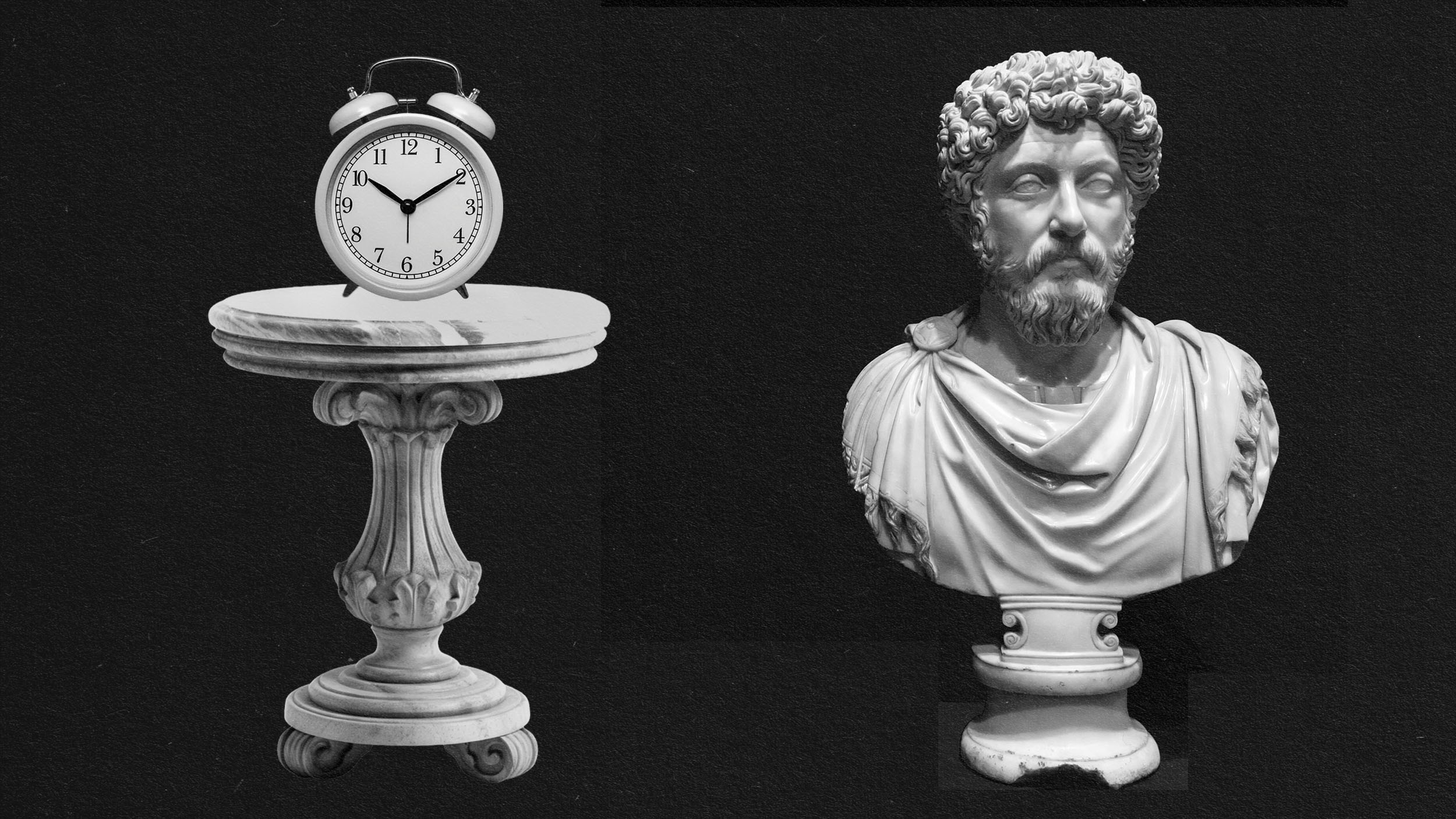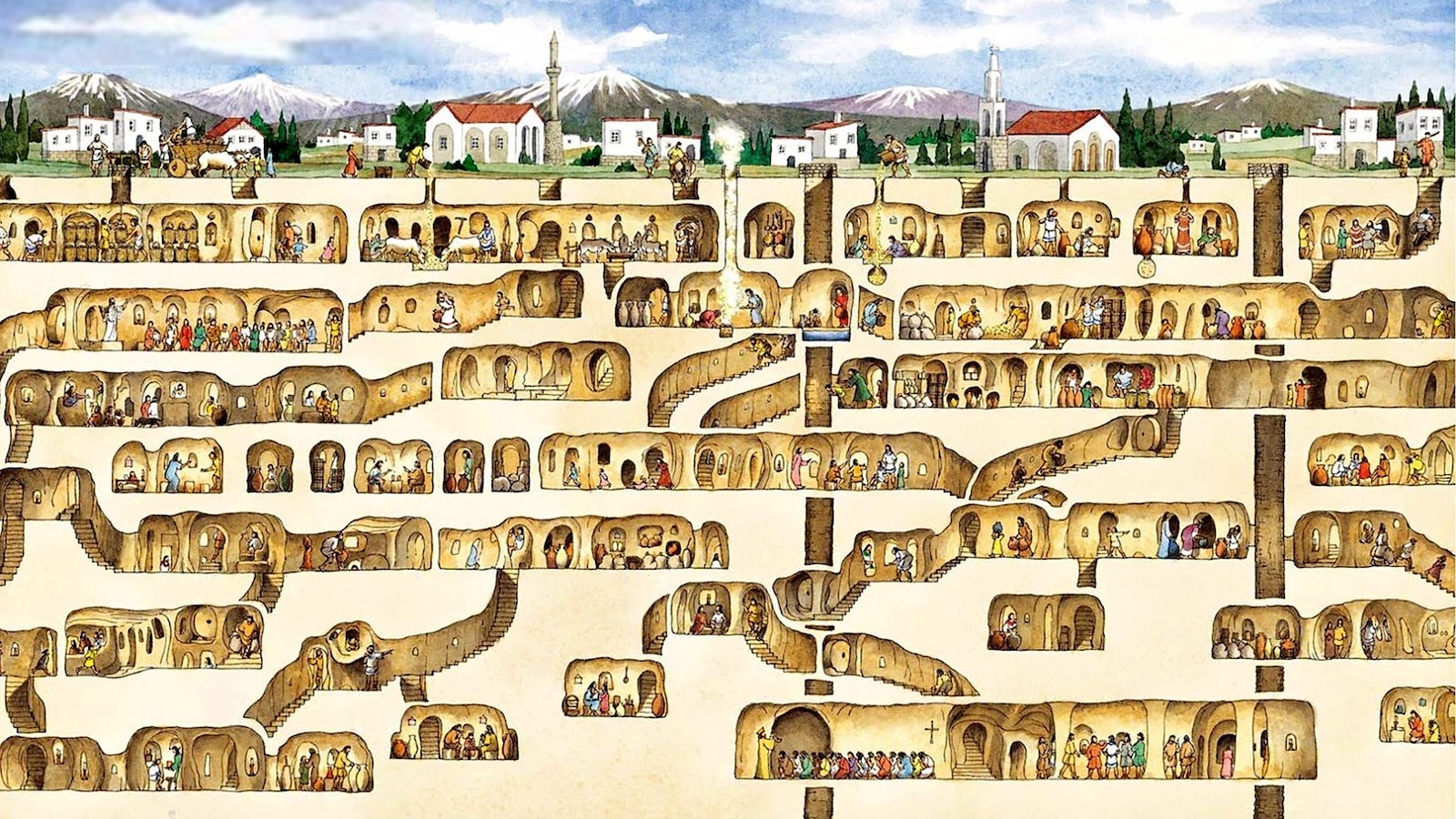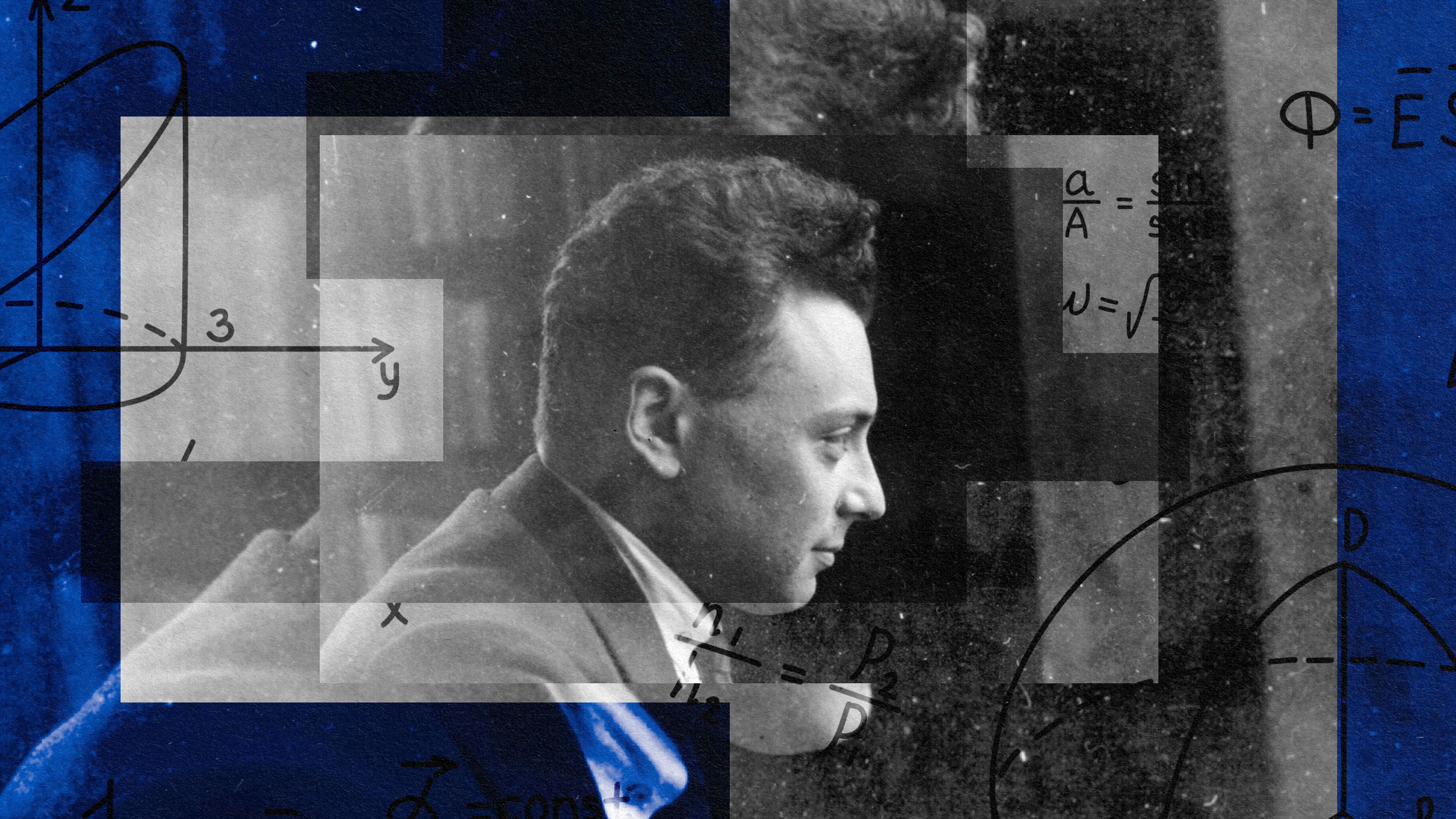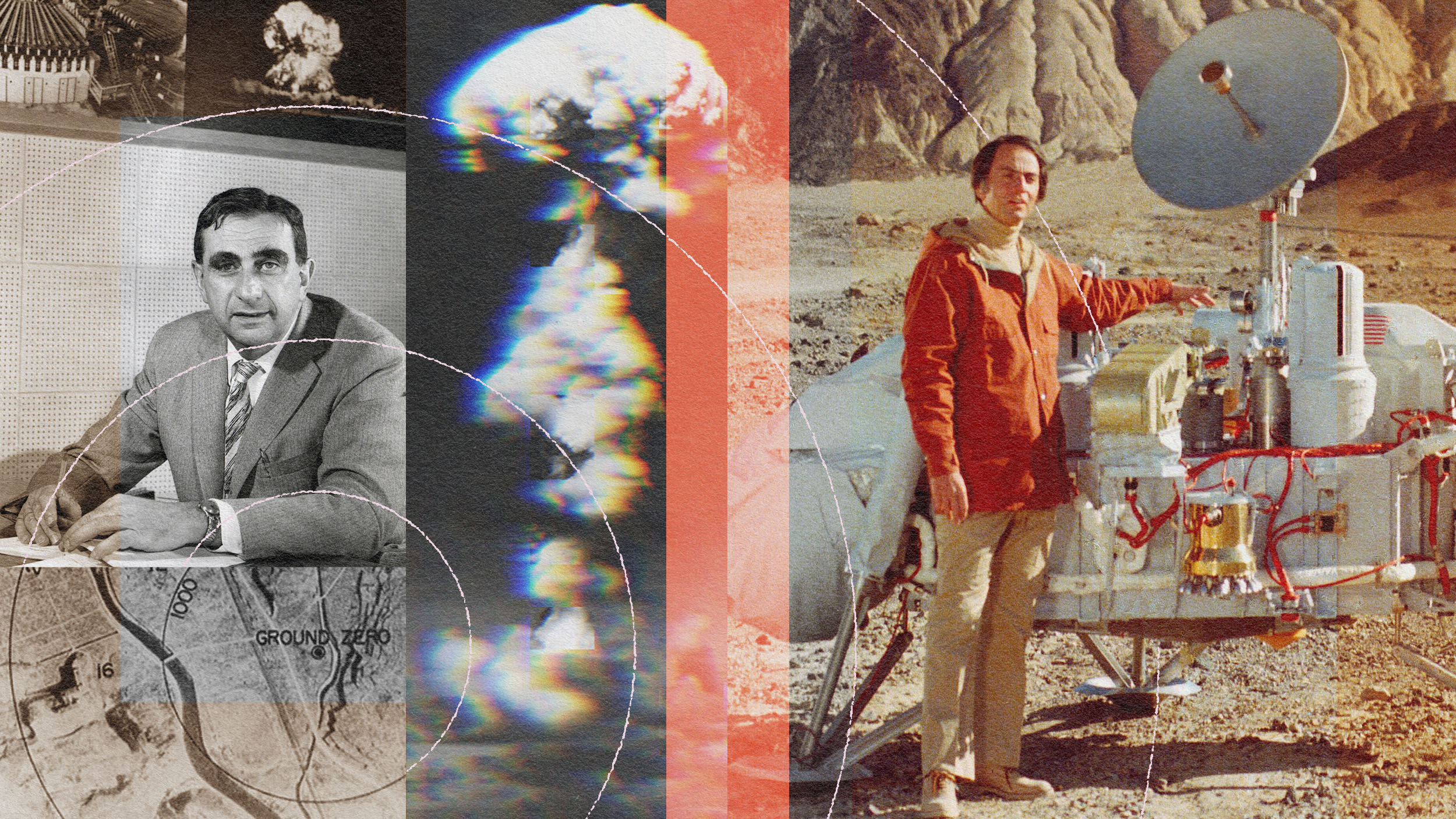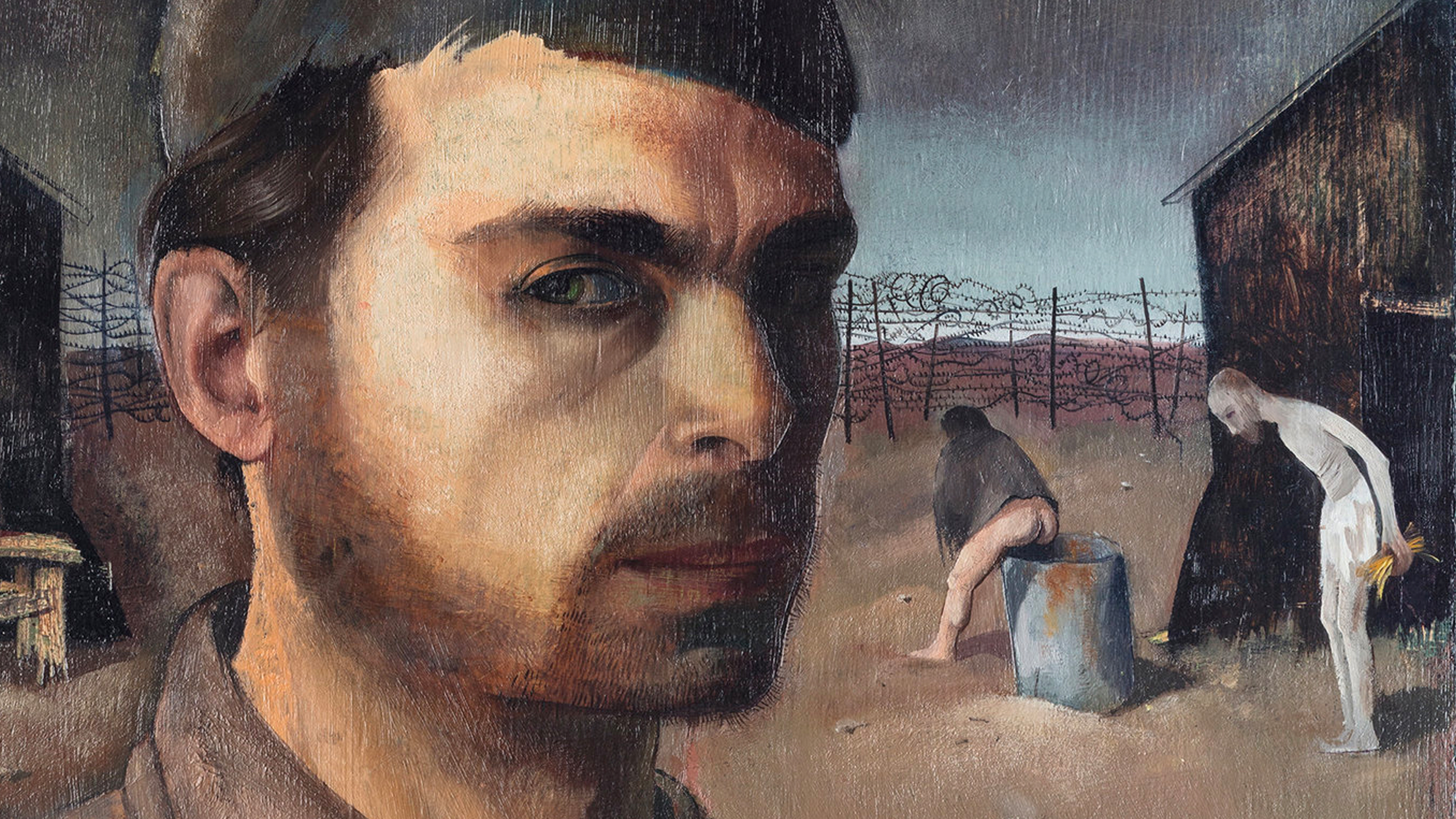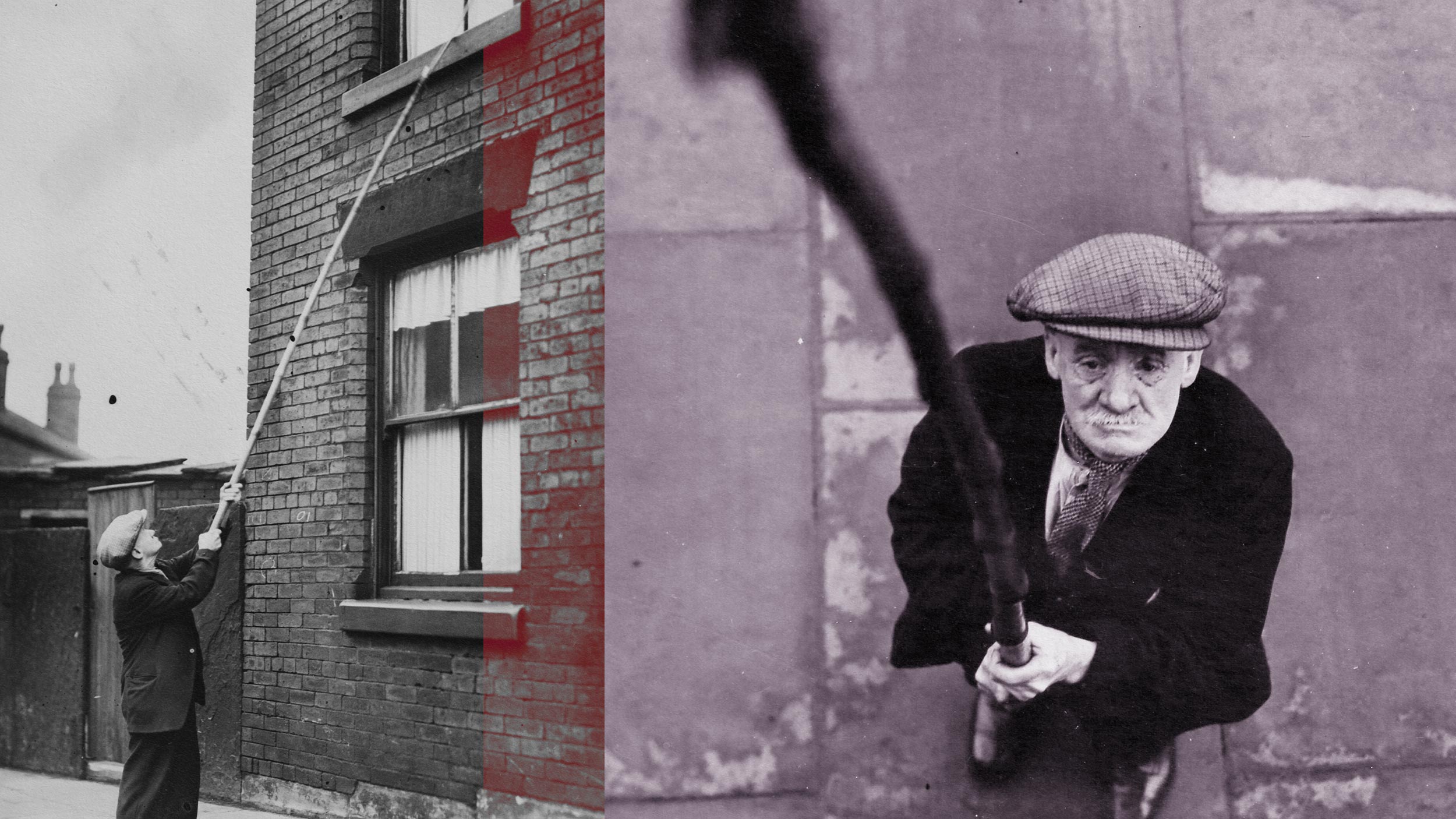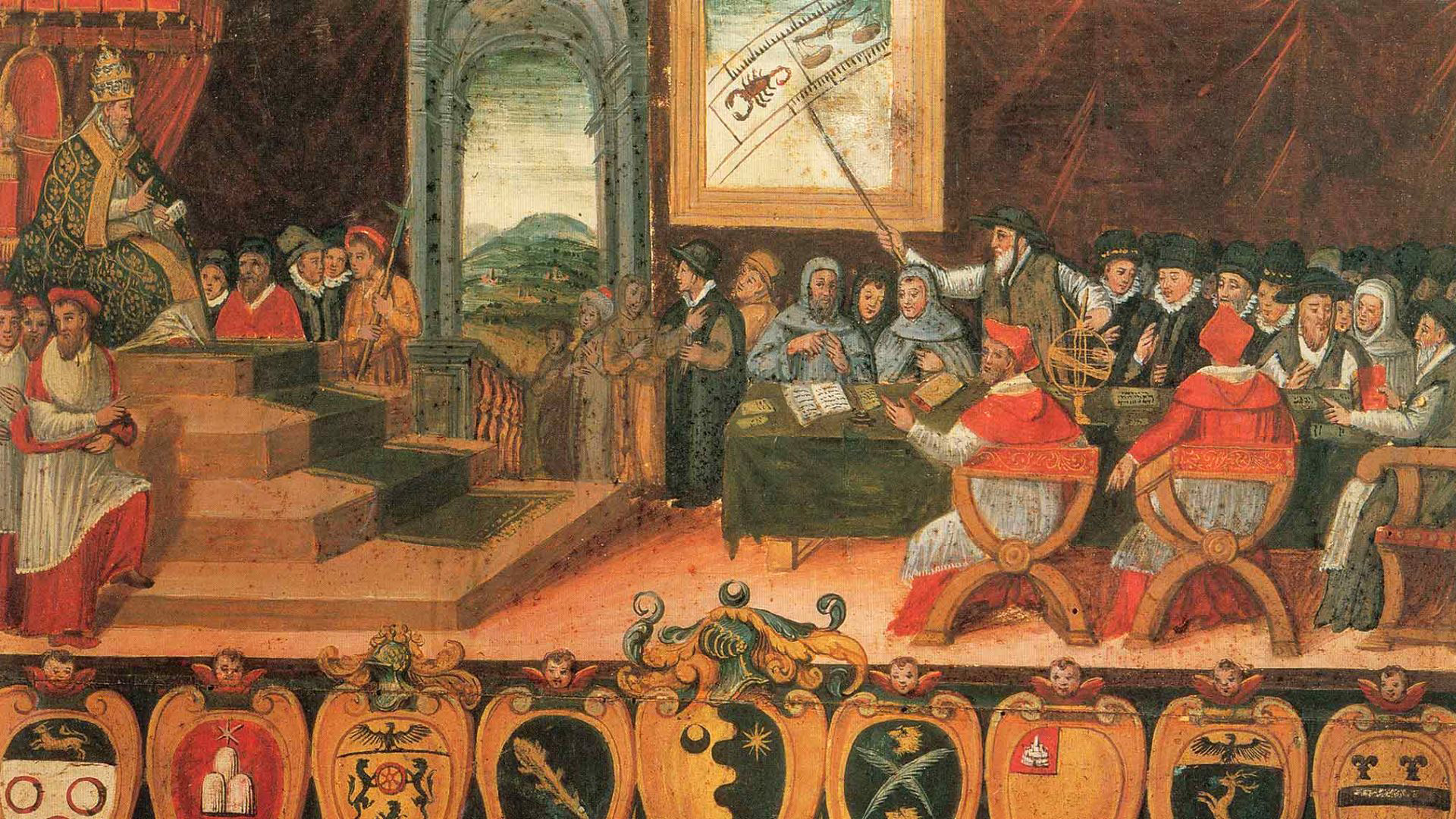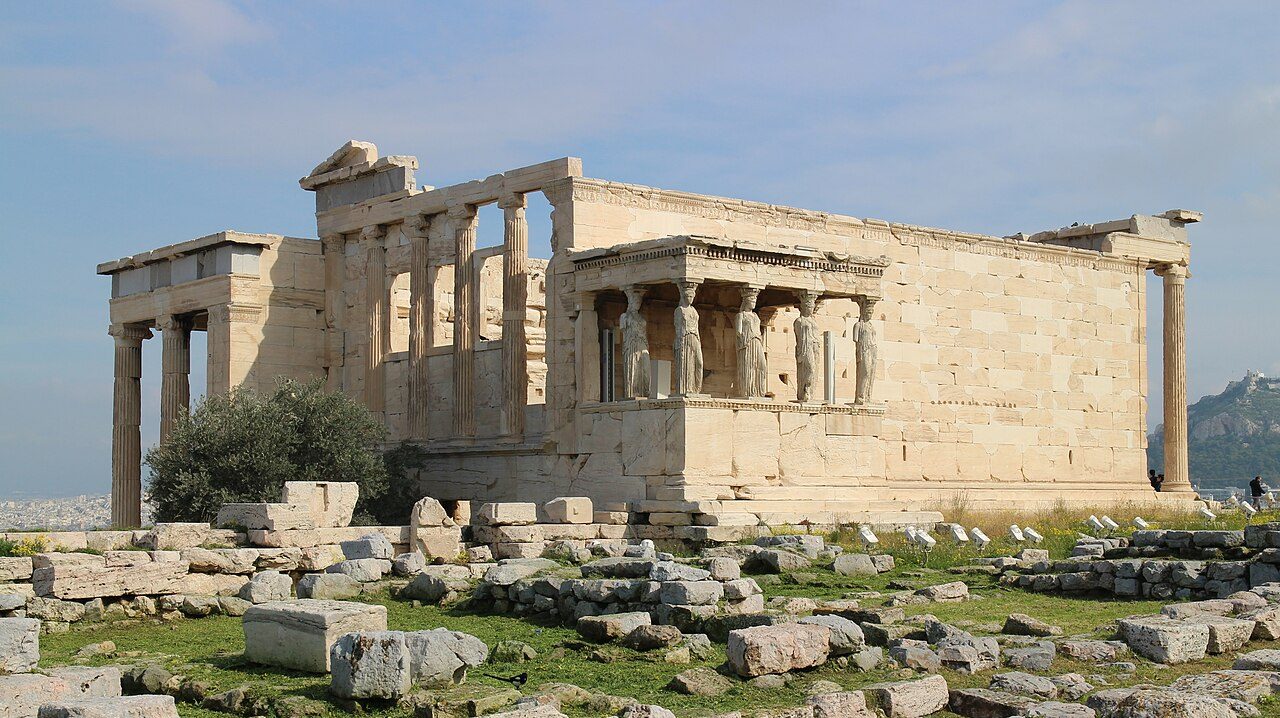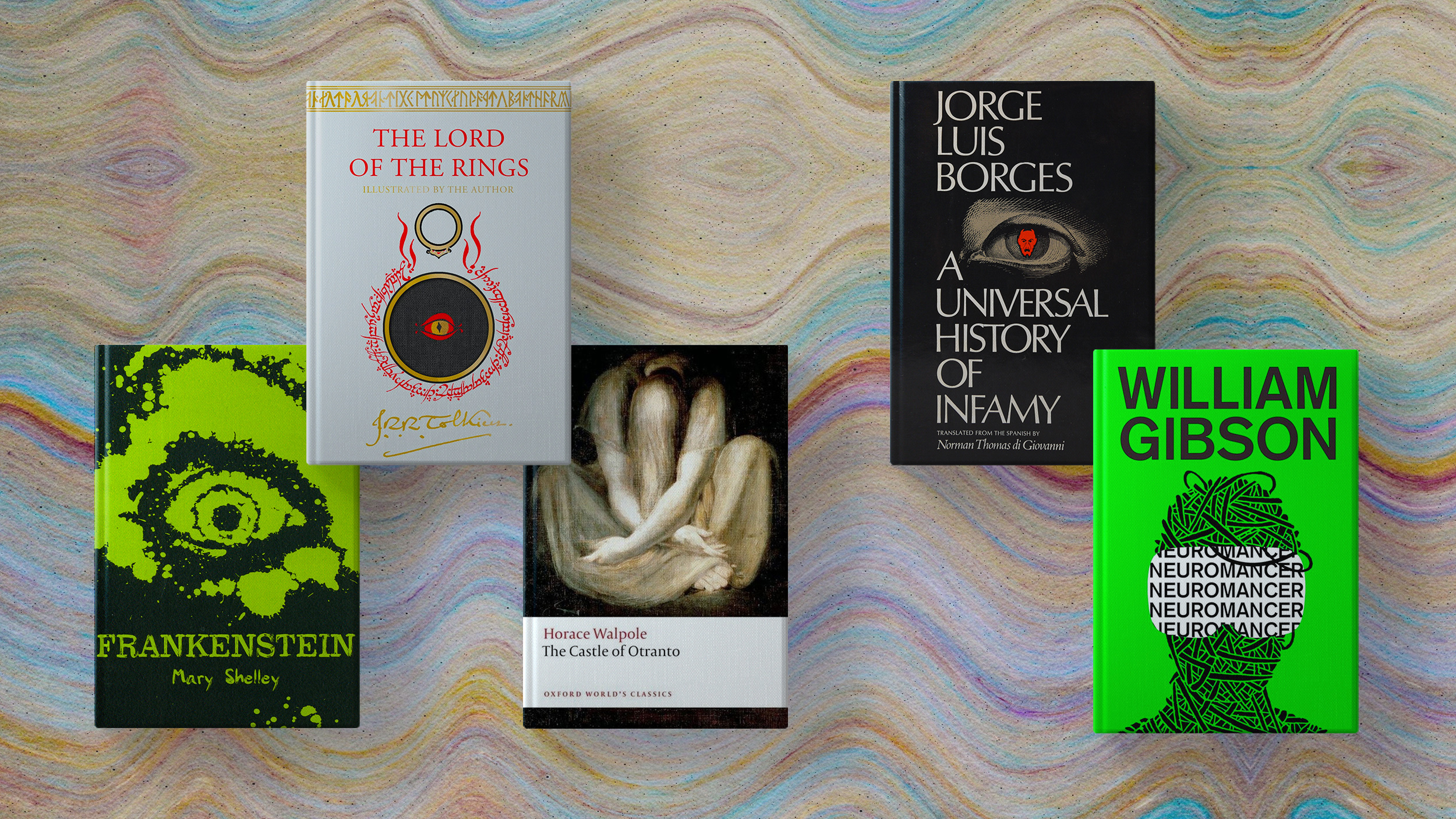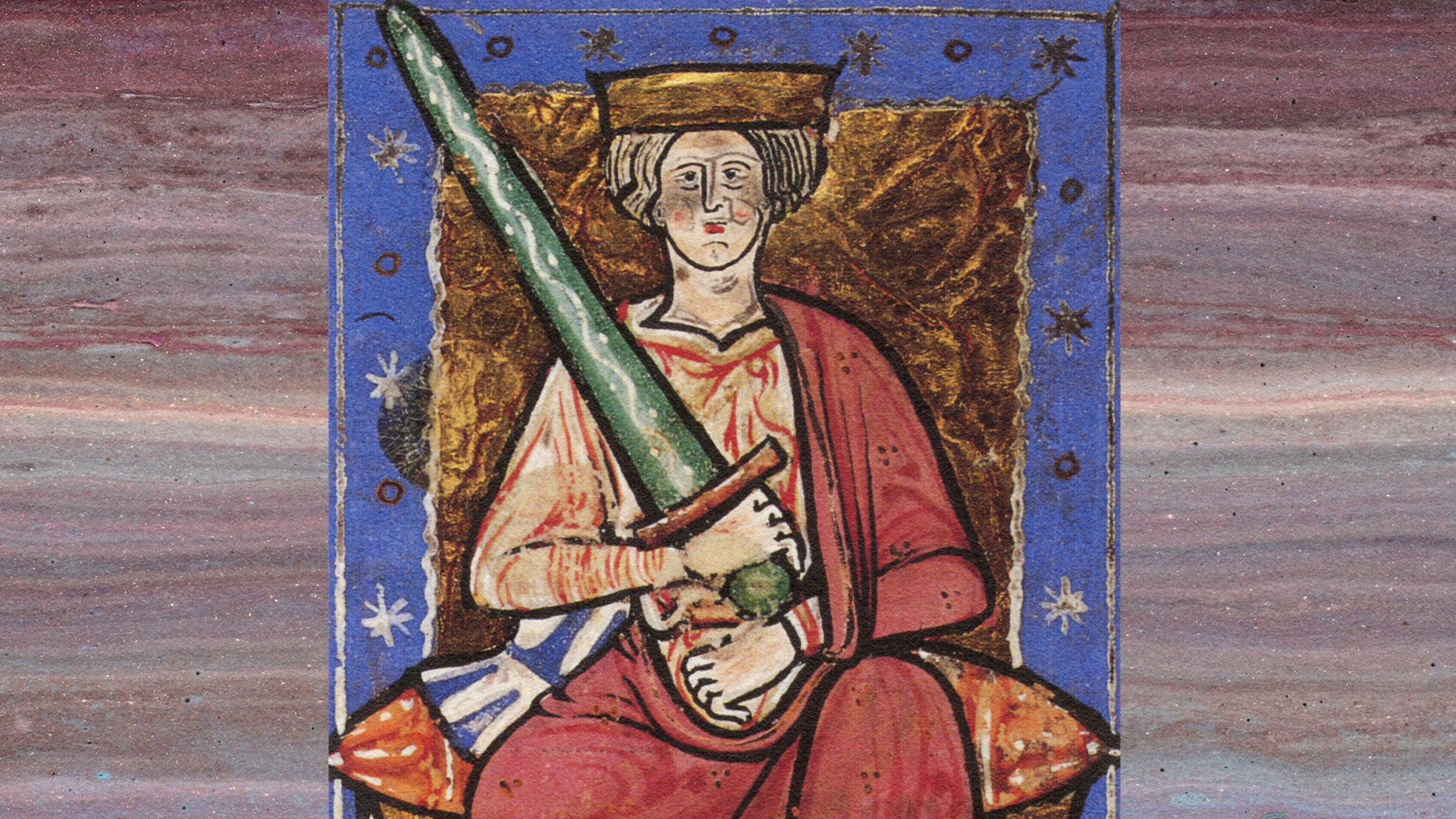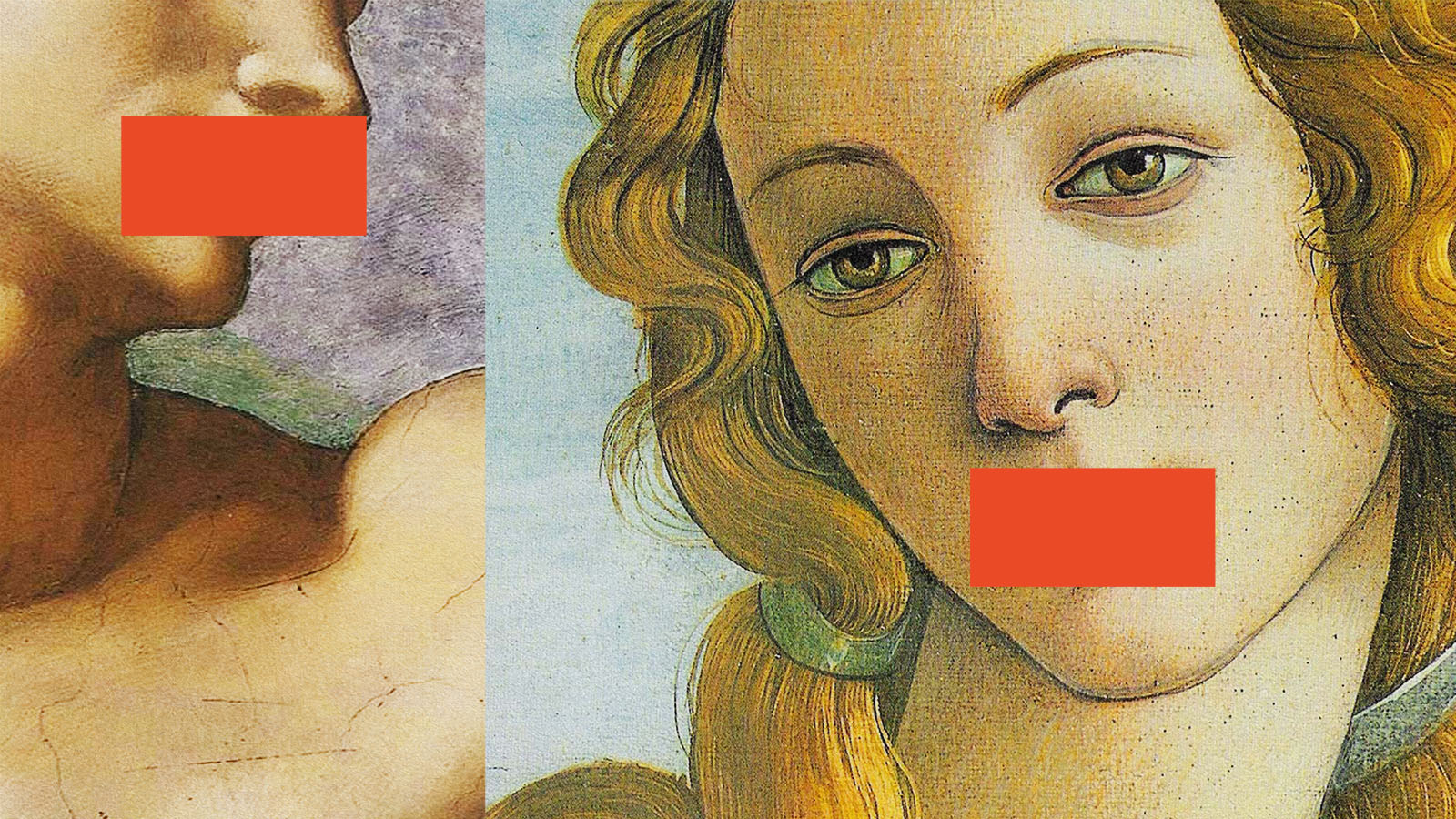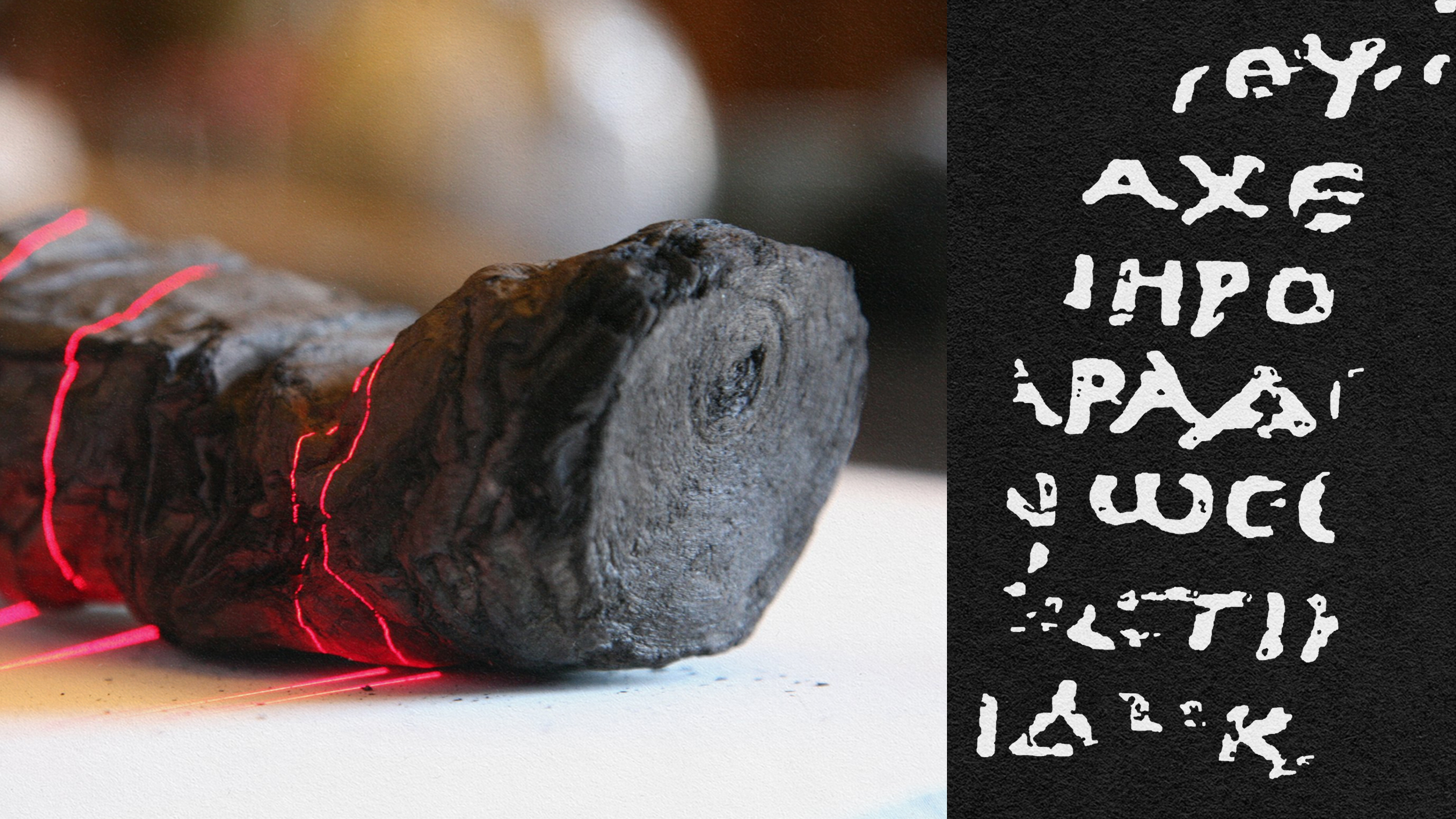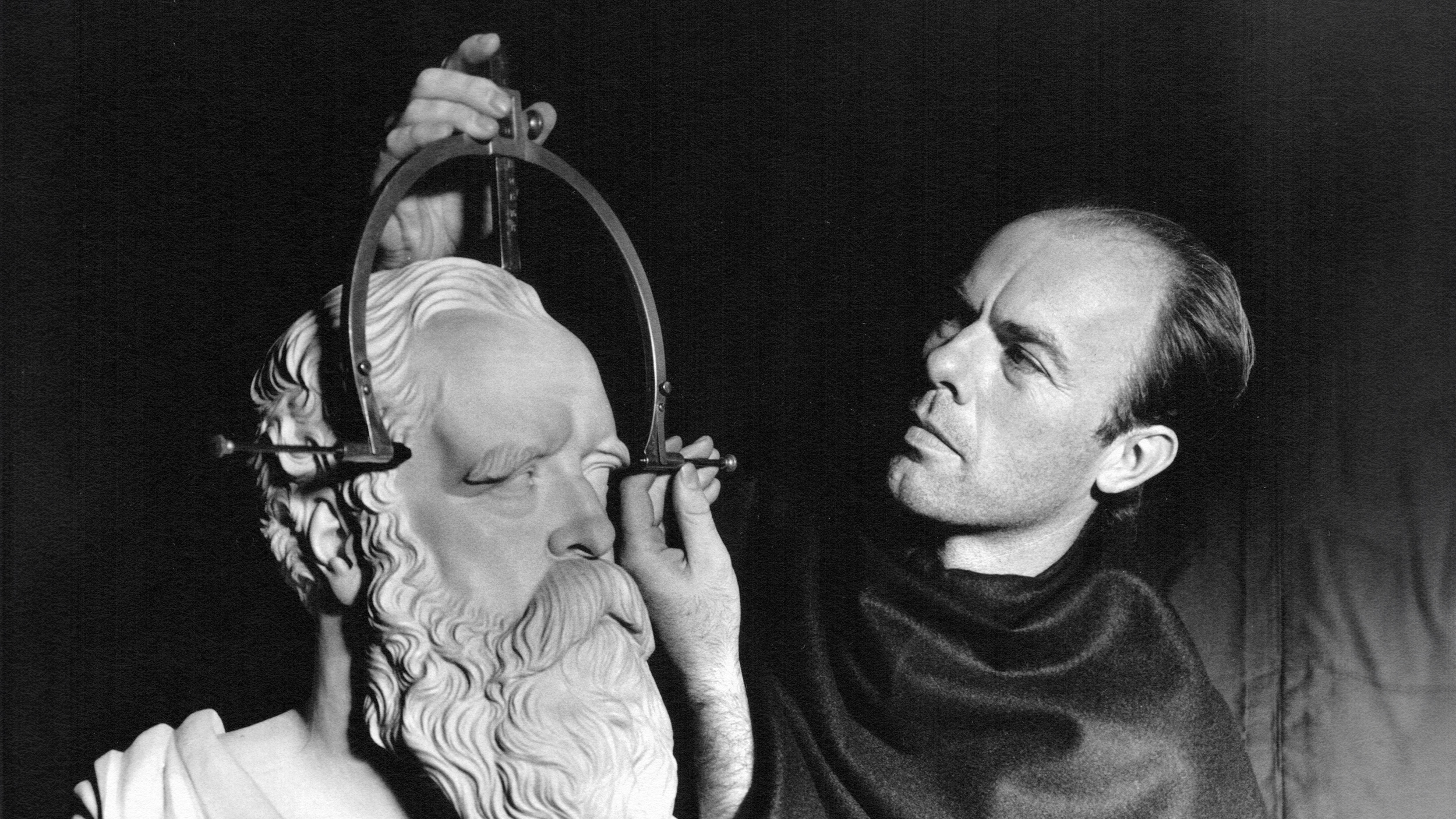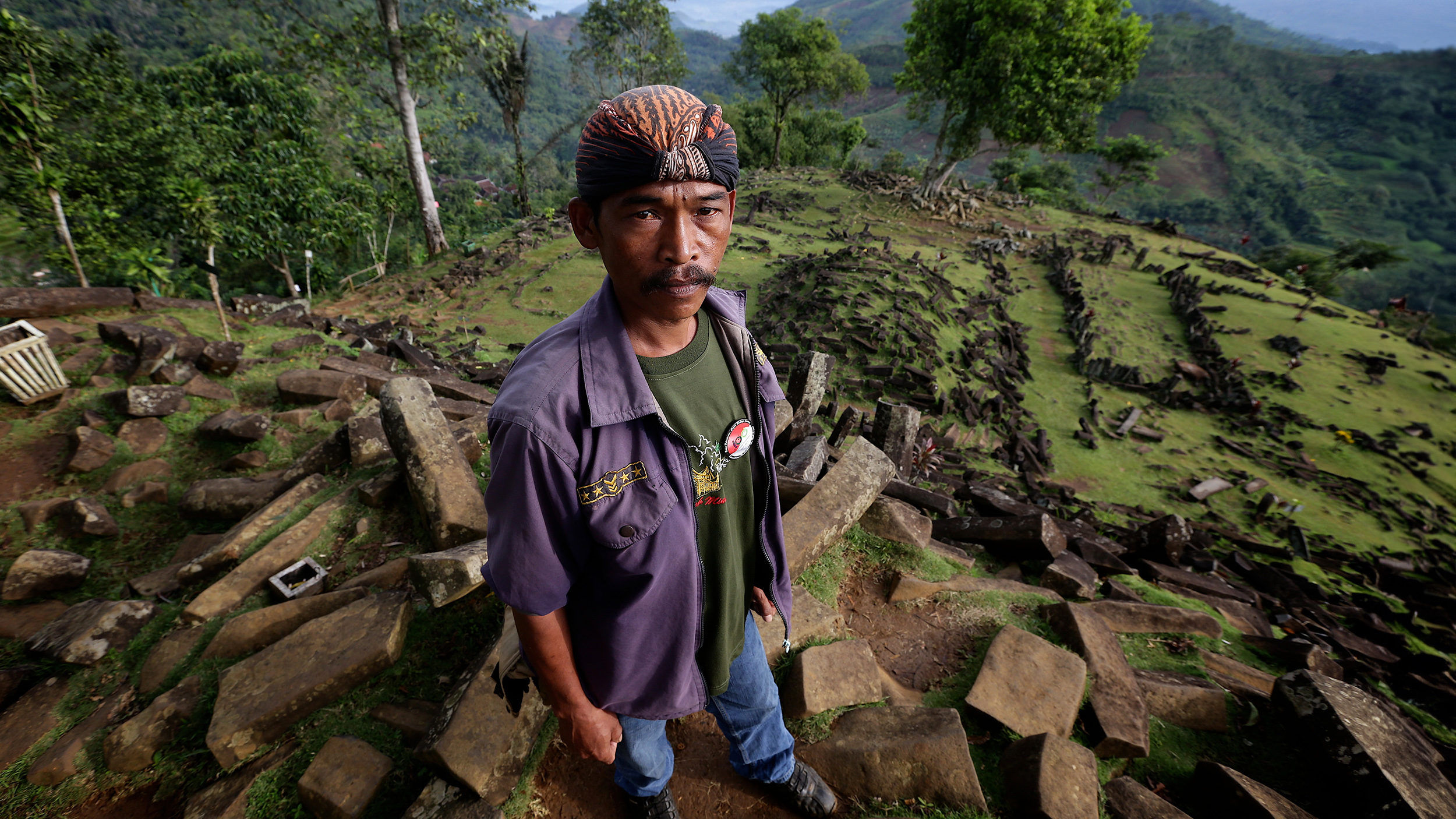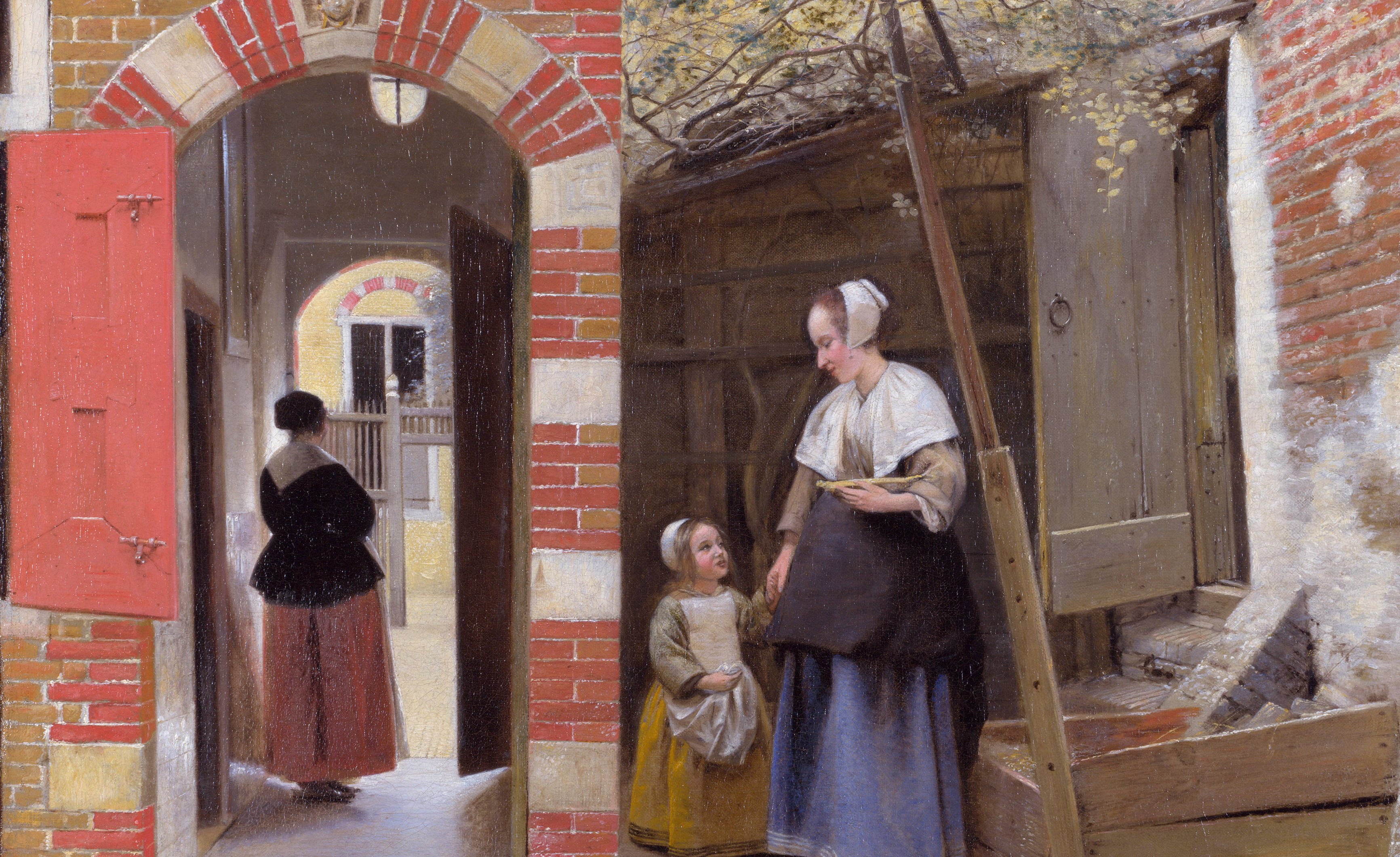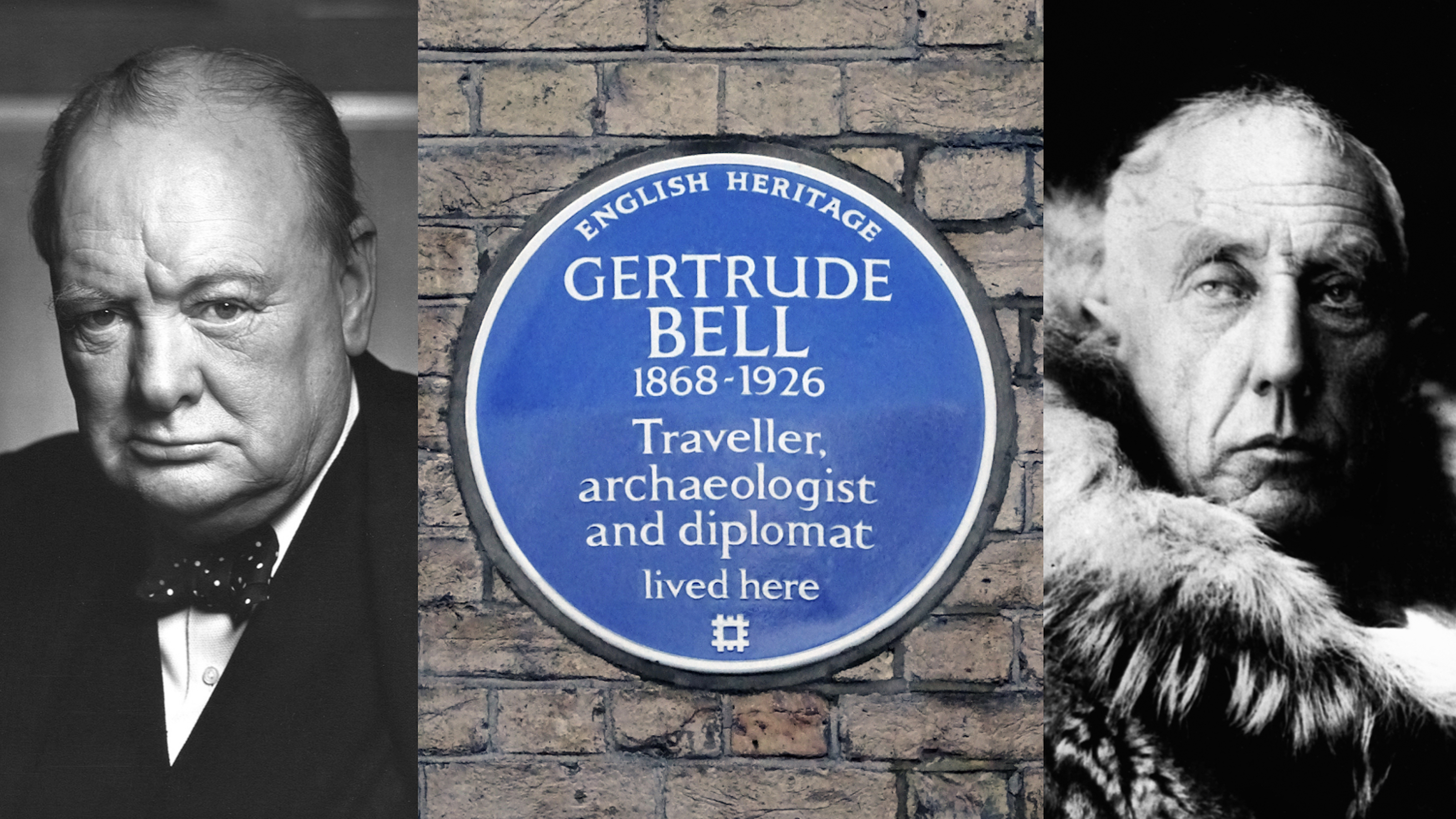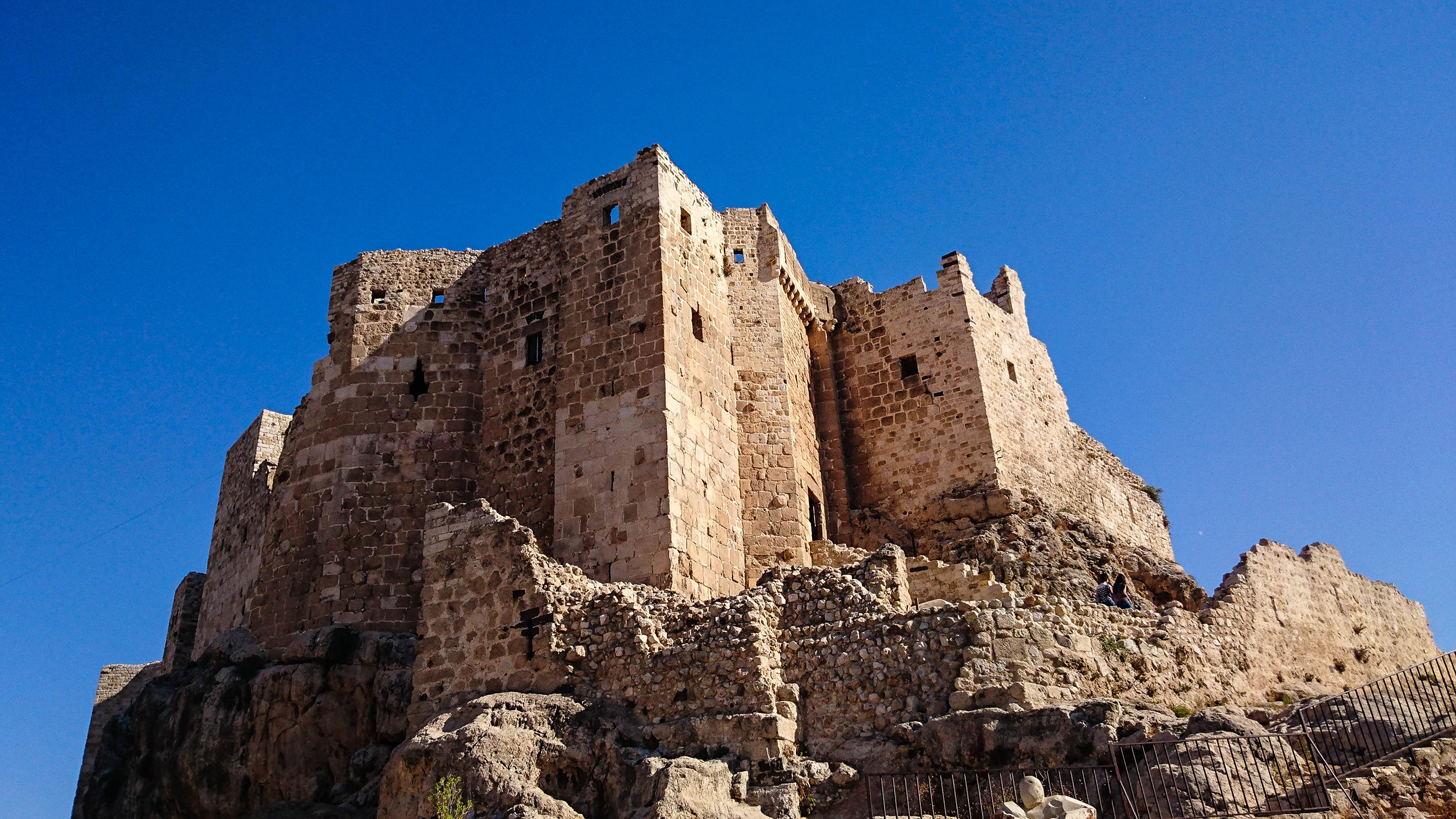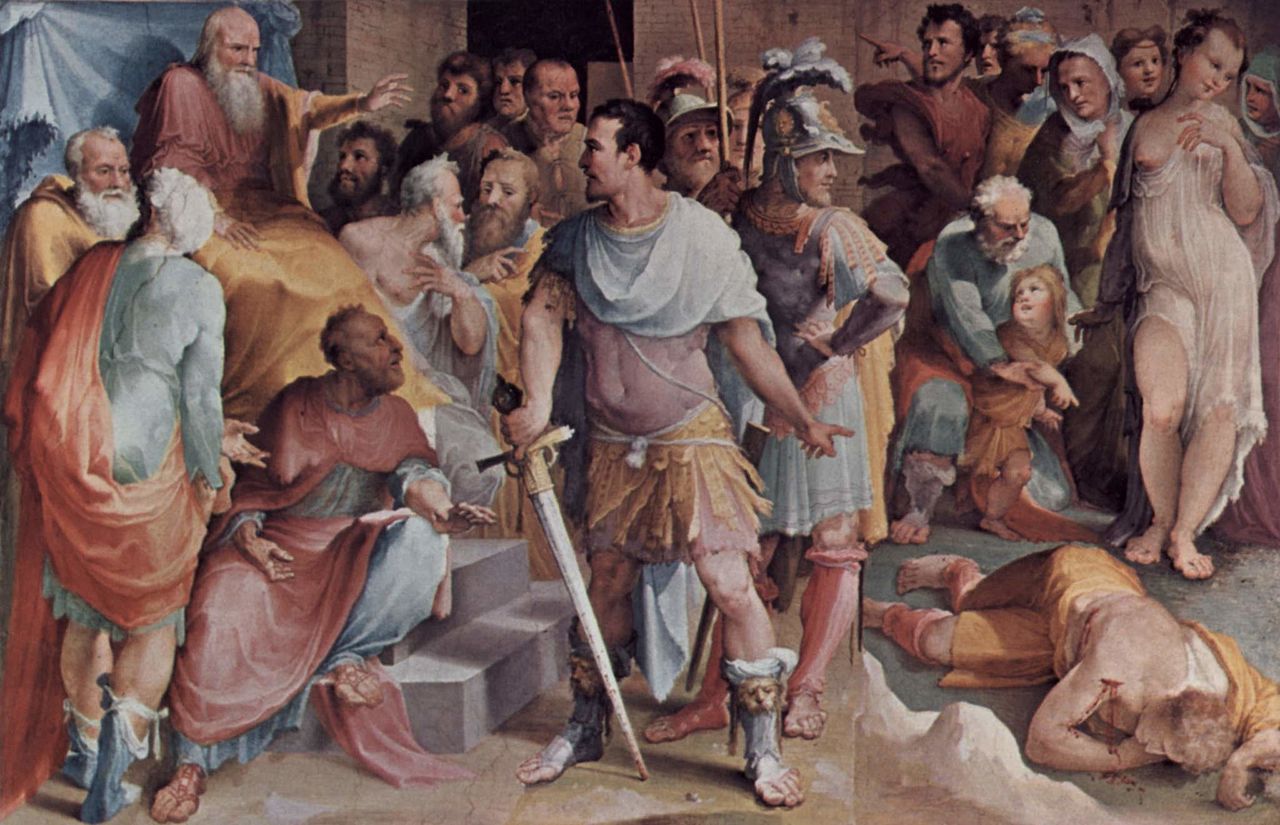history
Uncovering the story of Milan Hausner, the Sadská clinic, and LSD psychotherapy behind the Iron Curtain.
Archaeologist Bernard Frischer spent decades uploading the ruins of the Eternal City to the cloud. Here’s what it looks like.
Napoleon Bonaparte was a man of many faces. European historian Michael Broers explains which are featured on the silver screen and why.
With the invention of the leap year, the Julian calendar was used worldwide for over 1500 years. Over time, it led only to catastrophe.
Like many of us, the Roman emperor Marcus Aurelius hated waking up early, but his stoic philosophy always helped him get out of bed.
The ominous cloud of acid rain hasn’t vanished but rather drifted toward the developing world.
A basement renovation project led to the archaeological discovery of a lifetime: the Derinkuyu Underground City, which housed 20,000 people.
Wolfgang Pauli was a brilliant, well-liked physicist and a scathing critic of balderdash.
Teller and Sagan debated fiercely over nuclear proliferation. But was the conflict as personal as it was intellectual for Teller?
Along with obsidian that dazzled scientists in Canada.
Omer Bartov, who spent decades studying the unspeakable horrors of genocide, shares how his studies have impacted his own mental health.
Meet the people paid to rouse the workers of industrial Britain.
A sober look at a wild conspiracy theory that argues the Middle Ages never happened.
The Parthenon embodies the ideals of perfection Classical Greeks sought from architecture. The neighboring Erechtheion offers something else.
From “The Castle of Otranto” to “The Lord of the Rings” trilogy, these books changed the literary landscape.
From Æthelred the Unready to Halfdan the Bad Entertainer, these strange epithets colored the legacy of four rather unlucky historical figures.
Today, the F-word is enjoying a renaissance the likes of which it hasn’t seen since, well, the Renaissance.
The volcano’s historic eruption preserved an ancient library, but rendered its content illegible. A public competition aims to change that.
These nematodes complicate how we understand evolutionary lineages.
The pseudoscience phrenology swept the popular imagination, and its practitioners made a mint preying on prejudices, gullibility, and misinformation.
The tonal Native American language differentiates words based on pitch and makes Spanish conjugation look like child’s play.
Perhaps it’s not just an oddly shaped hill, after all.
Decades ago, a disaster left three million acres of land uninhabitable and killed between 85,600 and 240,000 people. Chernobyl? No. Banqiao dam in China.
Roger Babson wanted a “partial insulator, reflector, or absorber of gravity” — something, anything, that would stop or dampen it.
You’ve certainly seen the paintings — but they don’t depict what you think they do. Benjamin Moser discusses with Big Think.
We rightly celebrate Winston Churchill as one of the world’s greatest leaders — but for all the wrong reasons.
A single knife is sometimes worth more than a thousand armies.
Long before the birth of Julius Caesar, the Roman Republic appointed all-powerful dictators to protect their state in times of crisis. They were remarkably self-restrained and obedient to the Roman Constitution.




